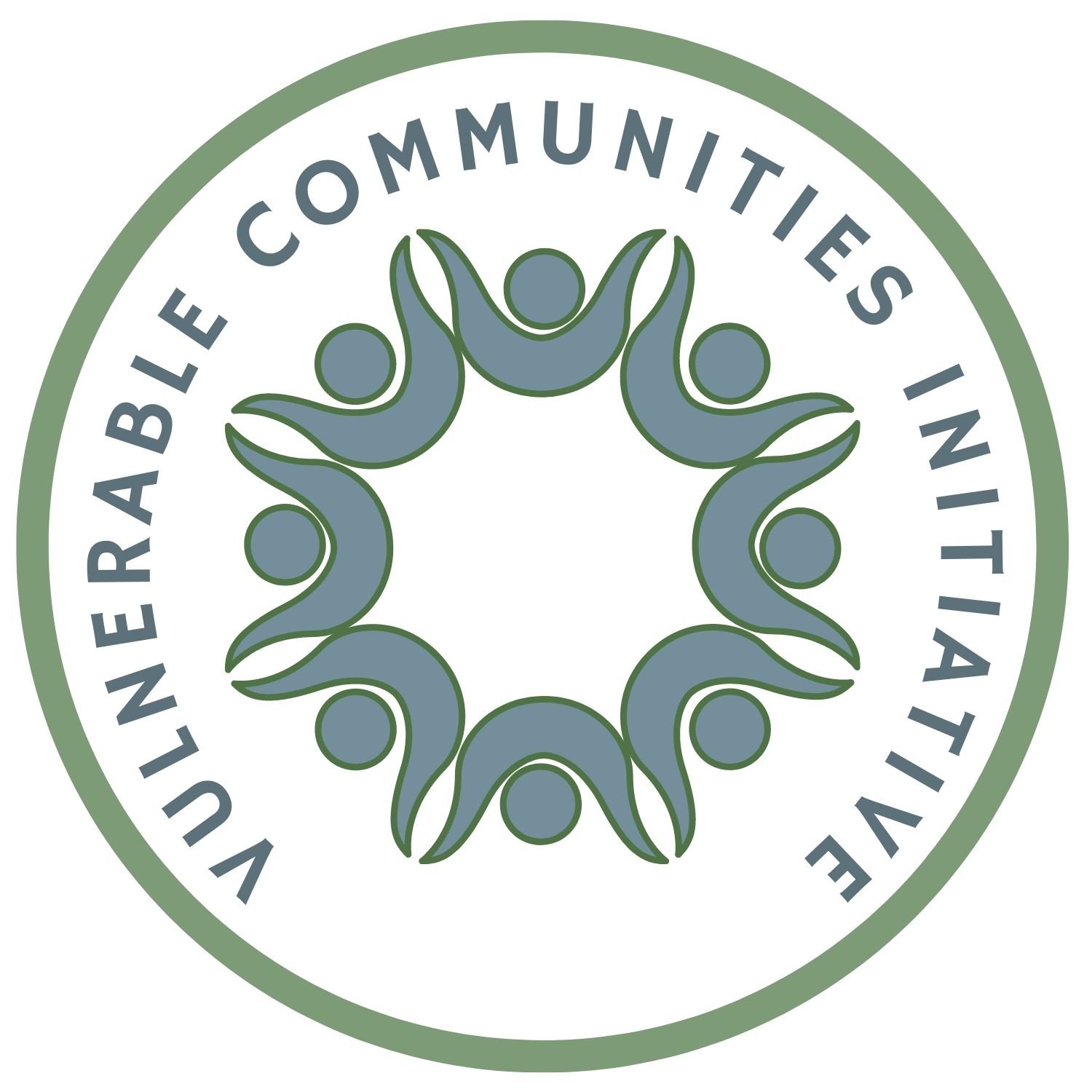The work of VCI is drawn from decades of experience in serving vulnerable communities across the United States in addressing the challenges of vacant and abandoned properties and finding ways to transform them into vibrant places.
Much of this work has been done through the Center for Community Progress (www.communityprogress.org), which Frank Alexander co-founded in 2010 and for which Kim Graziani served as Vice President for National Technical Assistance for over a decade. This work led to programmatic and legislative reforms in over fifteen states and 250 communities, based upon guiding commitments to systemic reforms which are equitable, efficient, and effective, and grounded in the passions and goals of local neighborhoods and communities.
Beginning in 2019, we became convinced of two key points. First, the magnitude of vacant and abandoned properties will increase exponentially in the coming years as a result of the impacts of climate change, most poignantly in coastal communities. Second, the individuals, families, and communities which have the most to lose and fewest resources to meet the coming challenges are precisely those communities that have historically been discriminated against, excluded, and underserved.
The Preliminary Phase – VCCI as a Program
Beginning in early 2019 we came together – all on a very limited and part-time basis – and created what we called the Vulnerable Coastal Communities Initiative (VCCI). The purpose of VCCI was to identify, to learn from, and to support vulnerable communities as they seek to prepare for the impacts of climate change and natural disasters.
As initially conceptualized, VCCI would proceed in three phases. The first phase was to identify vulnerable communities by geographic mapping and multiple variations of vulnerability indices, with a particular focus on those with both socioeconomic and climate change vulnerability. This initial phase was the focus of our work in 2019 and early 2020. The second phase was to undertake research in greater depth for a subset of these communities with a particular focus on applicable state and local government laws and their social and cultural histories. This second phase began in 2020. In a third phase, originally proposed to run from 2020 to 2023, we would seek to make a multi-year commitment of sustained involvement to work with and support a select group of 5 to 10 vulnerable coastal communities as they planned for the impacts of climate change and natural disasters. COVID, however, functionally led to a reduction in our available time and potential site visits, and the third phase is still on the drawing board.
The research and analysis of VCCI initially drew upon the climate resiliency planning of major metropolitan areas, but its focus is on those communities which lie outside of, or are forgotten parts of, major metropolitan areas. One of the goals is to learn from these communities that have the fewest existing resources and the greatest challenges in preparing for the impacts of climate change. In Phases 2 and 3 of this initiative, the approach and methodology will not be to present preconceived conceptions of appropriate strategies but rather to listen, to learn, and to empower these vulnerable communities in creating their own realistic options.
While VCI will necessarily involve potential legislative, systemic, and programmatic reforms at the local, state, and federal levels, all of its technical assistance to specific vulnerable communities will be premised on a commitment to equitable empowerment.
The Creation of VCI
In the past 24 months we have witnessed and felt the COVID pandemic, the murders of Ahmaud Arbery and George Floyd, and growing impacts of climate change. We have sought to learn from each of these and to use these months as a time for building relationship with governmental and nongovernmental entities present in the Georgia coastal communities and, to a lesser extent, in the coastal communities of South Carolina and North Carolina.
Over the course of 2021 we became increasingly convinced that our informal work through VCCI needed to evolve into a more formal program. This led to the creation of VCI as a Georgia nonprofit corporation, which received its IRS 501(c)(3) determination letter in late 2021. VCI formally became operational January 1, 2022.
The work undertaken through 2020 and 2021 laid the foundation for the on-going work of VCI. The initial geographic focus on the five southeastern states, the creation of our own Social Vulnerability Index, the data mapping and ranking at the block group level, and the integration of climate change data (sea level right, inland flooding) are described in greater detail in the Our Work tab of this website.

